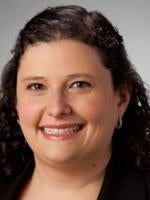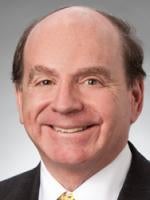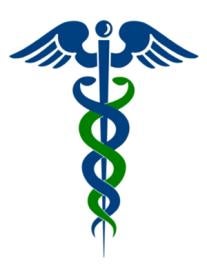The Centers for Medicare and Medicaid Services (CMS) released, on August 25, 2015, the quality and financial performance results for Medicare Accountable Care Organizations for 2014. CMS touted that Medicare ACOs continued to improve care while slowing growth in health care costs.
Pioneer ACO Results
According to the report, in 2014 there were 20 ACOs participating in the Pioneer ACO Model. The 20 participating Pioneer ACOs were accountable for 622,265 beneficiaries, a two percent increase over 2013. The total savings to the Medicare Trust Fund from the Pioneer ACO Program were $120 million in 2014. Eleven of the 20 ACOs earned the right to share $82 million in shared savings payments. Another four also generated savings in Medicare costs as measured against their cost targets, but not sufficient savings to earn a payment from CMS. The total savings per ACO were $6.0 million 2014, up from $4.2 million in 2013, and $2.7 million per ACO in 2012.
Five of the 20 ACOs generated losses against their cost benchmark, with three of these five ACOs required to repay CMS for shared losses.
CMS also reported that the mean quality score among Pioneer ACOs increased to 87.2%, reflecting improvements in 28 of the 33 quality measures. Particular improvement was reported in medication reconciliation, screening for clinical depression and use of electronic health records.
MSSP ACO Results
Of the 333 ACOs participating in the Medicare Shared Savings Program in 2014, 92 ACOs (or 27.6%) earned shared saving performance payments, totaling $341 million. None of the three ACOs participating in the Track 2 model, where ACOs take downside risk, were required to repay CMS. An additional 89 ACOs held their Medicare reimbursement below their cost target, but not sufficiently to earn a share of payments. That means that 152 of the 333 ACOs did not meet or beat their cost benchmarks. The total savings to Medicare Trust Fund from the MSSP was $465 million.
CMS also reported that MSSP ACOs improved on 27 of the 33 quality measures, with particular improvement noted in patient ratings of clinician communication, patient ratings of their physicians, screening for tobacco use and cessation, and screening for high blood pressure.
CMS further noted that ACOs who had more experience in the MSSP, as evidenced by how long they had participated, were more likely to earn a payment of shared savings.
Effect of Results
CMS appeared pleased with the results reported. They noted that savings recognized by the Medicare Trust Fund from the two ACO programs was nearly $600 million, and quality measures also improved. CMS also noted that additional ACOs are electing to participate.
Despite CMS’ reaction, the results from the providers’ perspective is less rosy. Only 11 of the continuing Pioneer ACOs were paid anything for their participation. Moreover, three ACOs were required to repay CMS for losses and 12 of the original Pioneer ACOs no longer participate in the Program. With respect to the MSSP, only 27.6% of MSSP ACOs earned shared savings payments. Further, the results do not take account for the infrastructure and other costs providers incur in participating in these programs. And, to date, very few providers have elected to participate in programs where they must take downside risk, which is CMS’ preferred goal. There is a continued belief that providers may be reluctant to participate voluntarily where downside risk is involved as opposed to a model that just rewards good performance with the carrot of potential bonuses.
The Medicare ACO results take on more meaning as providers prepare for an expansion by CMS of alternative payment models. CMS announced in January of 2015 its goal to have 30% of Medicare payments be made through alternative payment models by the end of 2016 and 50% of payments made through such models by the end of 2018. While Medicare ACO programs have been the most popular alternative payment models for provider participation, CMS is expanding program offerings, including addition of the Comprehensive Care for Joint Replacement Model, which is expected to begin on January 1, 2016. In the Joint Replacement Model, CMS has proposed for the first time to require hospitals in certain areas of the country to participate in a mandatory bundled payment program for hip and knee replacement surgeries, and hospitals are required to take downside risk.
All the same, providers and investors in health care facing CMS’s desire to expand participation in alternative payment models with downside risk and make participation in such models more widespread (including by making participation mandatory), need to understand how to successfully participate in such models. Providers and investors in health care who can understand how to function effectively and profitably in such an environment will be at a competitive advantage.





 i
i

